Introduction
Thyroid diseases such as hypothyroidism, hyperthyroidism, and goiter significantly affect patients’ lives, often impacting physical, emotional, and social well-being. Generic quality of life (QoL) instruments frequently miss these disease-specific burdens. This gap led to the development of the Thyroid-Specific Patient-Reported Outcome (ThyPRO), a comprehensive, validated tool that enables clinicians and researchers to evaluate health-related QoL specifically in patients with benign thyroid conditions (Watt et al., 2009; Bjorner et al., 2010; Feldt-Rasmussen et al., 2015).
With more than 500 citations and validation in over 20 languages, the ThyPRO stands out as the gold standard in thyroid-specific QoL measurement. Its detailed structure, high reliability, and practical utility have made it indispensable in both research and clinical settings.
Key Features of the Thyroid-Specific Patient-Reported Outcome (ThyPRO)
Purpose and Use
ThyPRO is designed to capture a broad spectrum of physical, psychological, and social impairments caused by benign thyroid diseases. Specifically, it measures:
- Symptom severity
- Functional limitations
- Emotional and social impacts
This disease-specific focus supports patient-centered care, clinical decision-making, and outcomes research.
Target Population
ThyPRO is validated for adults aged 18 and older with benign thyroid diseases, covering:
- Young Adults (18–24)
- Middle-Aged Adults (25–44)
- Older Adults (45–64)
- Seniors (65+)
It is not validated for use in children or adolescents.
Structure
The ThyPRO consists of 85 items, grouped into:
- 13 multi-item domains:
- Goiter symptoms (11 items)
- Hyperthyroid symptoms (8)
- Hypothyroid symptoms (4)
- Eye symptoms (8)
- Tiredness (7)
- Cognitive impairment (6)
- Anxiety (6), Depressivity (7)
- Emotional susceptibility (9)
- Impaired social life (4), daily life (6), and sex life (2)
- Cosmetic complaints (6)
- 1 global QoL item
Each question is rated on a 5-point Likert scale (0 = Not at all to 4 = Completely), referencing the past 4 weeks.
Scoring Method
Each scale score is calculated by averaging the item responses, dividing by 4, and multiplying by 100, resulting in a 0–100 scale:
- 0 = Best Quality of Life
- 100 = Worst Quality of Life
Instead of fixed cut-offs, ThyPRO uses Minimal Important Change (MIC) values to assess significant score changes:
- Group-level MIC: 6.3–14.3
- Individual-level MIC: 8.0–21.1
(MIC Study – PMC8052573)
Administration Format
The ThyPRO takes 15 – 20 minutes to administer, making it highly efficient. It can be conducted via:
- Paper-based forms
- Digital (Online) platforms
- In-person (Interview)
- Phone/Video call
Its self-administered format, requiring no specialized training, enhances its practicality for busy clinical environments.
Applications of Thyroid-Specific Patient-Reported Outcome (ThyPRO)
The ThyPRO serves multiple roles in clinical and research contexts:
- Screening for HRQoL impairments in benign thyroid disorders
- Monitoring longitudinal changes pre- and post-treatment
- Treatment Planning based on domain-specific impact
- Research in epidemiology, interventions, and longitudinal studies
Languages and Availability
The ThyPRO is available in 25+ languages, including:
- English, Arabic, Spanish, German, French, Portuguese
- Mandarin Chinese, Hindi, Greek, Persian, Polish, Thai, Tamil, Dutch
- As well as more than 20 languages (Danish, Dutch, Italian, Portuguese, Swedish, Serbian, Polish, Romanian, Bulgarian, Greek, Traditional Chinese, Hebrew,and Tamil)
It was originally developed in Danish and English, with most translations undergoing transcultural validation.
The ThyPRO is free for non-commercial research and clinical use, provided users:
- Obtain formal permission from the developers
- Cite the original validation study
For commercial use, case-by-case negotiation with the developers is necessary. The questionnaire operates under a proprietary license, owned by the authors.
Reliability and Validity
The ThyPRO is recognized as a highly reliable and valid instrument for thyroid-specific quality of life assessment. Its psychometric strength is demonstrated by a solid Cronbach’s alpha > 0.70, indicating excellent internal consistency. Additionally, it has shown strong test-retest reliability with a correlation coefficient ranging from ICC = 0.77 to 0.89, confirming its stability over time.
Limitations and Considerations
However, despite its strengths, the ThyPRO has a few limitations:
- Length: Some patients may find the 85-item questionnaire time-consuming to complete in routine clinical settings
- Self-report: Responses may be influenced by social desirability bias or personal interpretation
- Social Desirability Bias: Respondents may answer in ways they believe are more socially acceptable, potentially skewing results.
- Limited Psychological Focus: While emotional and cognitive symptoms are included, some broader psychological factors may not be fully captured
- Cultural Bias: Even with multiple language versions, the tool may require additional validation for new cultural contexts
- Interpretation Complexity: The use of Minimal Important Change (MIC) scores rather than absolute cut-offs can make interpretation less intuitive without training
Other Versions and Related Questionnaires
Alternative Versions of ThyPRO
- ThyPRO-39: A 39-item short version optimized for clinical practice with reduced administration time.
Complementary Questionnaires
- GO-QOL: Graves’ Ophthalmopathy Quality of Life questionnaire
- ThyTSQ: Thyroid Treatment Satisfaction Questionnaire
- THYCA-QoL: Thyroid Cancer-Specific Quality of Life
- Generic PROs (e.g., SF-36v2, EQ-5D): Used for broader comparisons across conditions
Additional Resources
For more information on the ThyPRO and to access the full questionnaire, visit the following resources:
- You can access the questionnaire as a PDF through this link
- For inquiries, contact Ernst Eypasch or Torquil Watt at t.watt@clin.ku.dk
- CHORUS Standard Publication Model – Oxford Academic
- Standard Publication Reuse Rights – Oxford Academic
Frequently Asked Questions (FAQ)
- Who can use the ThyPRO?
Clinicians, researchers, and healthcare professionals treating adults with benign thyroid disorders such as hypothyroidism, hyperthyroidism, goiter, and Graves’ orbitopathy. - How long does it take to complete the ThyPRO?
The full ThyPRO questionnaire typically takes 15–20 minutes to complete, depending on patient literacy and format. - How is the ThyPRO administered?
It can be administered via paper, digital/online platforms, phone/video call , or through in-person and phone/video interviews, allowing for flexible integration into care or research workflows. - Is there any cost to using the ThyPRO?
The questionnaire is free for non-commercial use with formal permission and appropriate citation. Commercial or funded academic use requires case-by-case negotiation with the developers.
A word from ResRef about Thyroid-Specific Patient-Reported Outcome (ThyPRO)
Thyroid-Specific Patient-Reported Outcome (ThyPRO) sets the gold standard for thyroid-specific QoL assessment. Its robust psychometrics and multidimensional coverage make it indispensable for patient-centered care—though its length may challenge routine clinical use.
References
Watt, T., Bjorner, J.B., Groenvold, M. et al. Establishing construct validity for the thyroid-specific patient reported outcome measure (ThyPRO): an initial examination. Qual Life Res 18, 483–496 (2009). (link)
Piromchai, P., Chaiudomsom, S., Wijakkanalan, P., & Watt, T.. (2021). Validity and Reliability of the Thai Version of the Thyroid-Related Patient-Reported Outcome -A Thyroid-specific Quality of Life Questionnaire. International Archives of Otorhinolaryngology, 25(1), 92–97. (link)
Boronat M, González-Lleó A, Rodríguez-Pérez C, Feldt-Rasmussen U, López-Plasencia Y, Rasmussen ÅK, Alberiche-Ruano MP, Hegedüs L, Alvarado-Martel D, Bonnema SJ, Marrero-Arencibia D, Groenvold M, Bjorner JB, Watt T. Adaptation and cross-cultural validation of the Spanish version of the Thyroid-Related Quality-of-Life Patient-Reported Outcome questionnaire. Endocrinol Diabetes Nutr (Engl Ed). 2018 Nov;65(9):500-507. English, Spanish. Epub 2018 Aug 17. PMID: 30126798. (link)
Maghsoomi Z, Khamseh ME, Malek M, Dehnad A, Mohamadzadeh S, Watt T, Malboosbaf R. ThyPRO-IR: Translation and Linguistic Validation of the Persian Version of Thyroid-Specific Quality of Life (QoL) Patient-Reported Outcome (PRO) Questionnaire for Benign Thyroid Disorders. Int J Endocrinol Metab. 2024 Jul 29;22(2):e149014. PMID: 40071250; PMCID: PMC11892511. (link)
Sawicka-Gutaj N, Watt T, Sowiński J, Gutaj P, Waligórska-Stachura J, Ruchała M. ThyPROpl–The Polish version of the thyroid-specific quality of life questionnaire ThyPRO. Endokrynol Pol. 2015;66(4):367-80. PMID: 26323475. (link)
Nordqvist SF, Boesen VB, Rasmussen ÅK, Feldt-Rasmussen U, Hegedüs L, Bonnema SJ, Cramon PK, Watt T, Groenvold M, Bjorner JB. Determining minimal important change for the thyroid-related quality of life questionnaire ThyPRO. Endocr Connect. 2021 Mar;10(3):316-324. PMID: 33617467; PMCID: PMC8052573. (link)


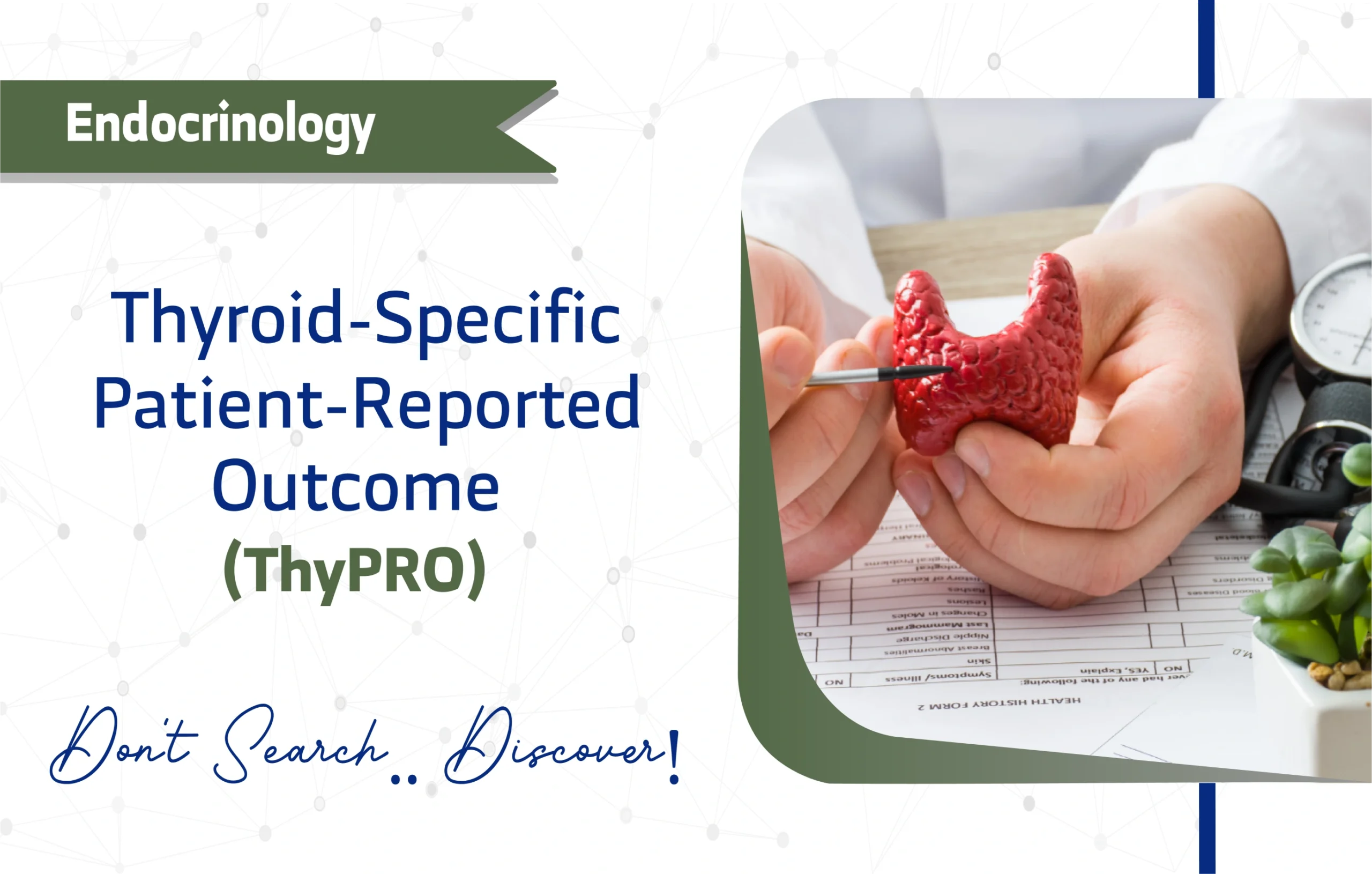
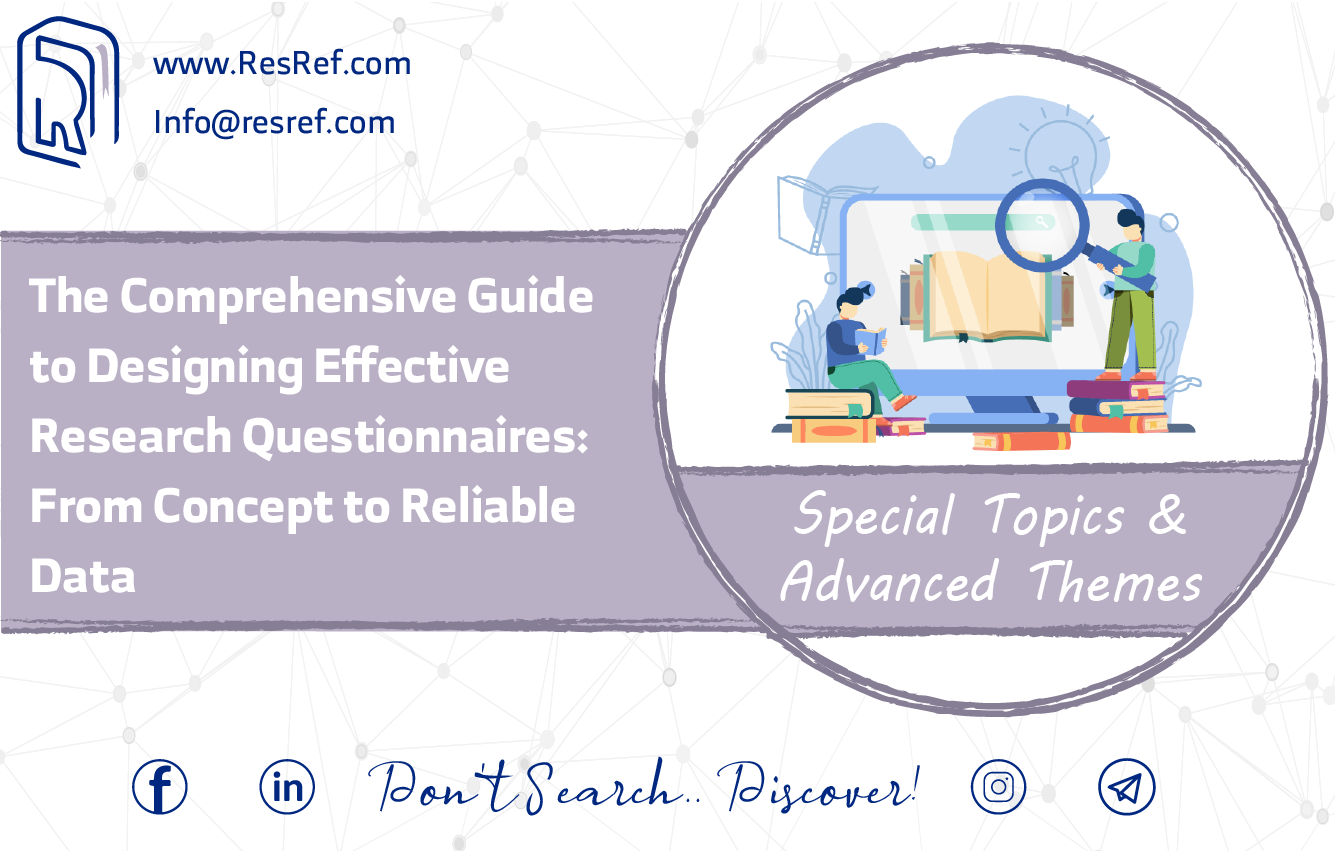
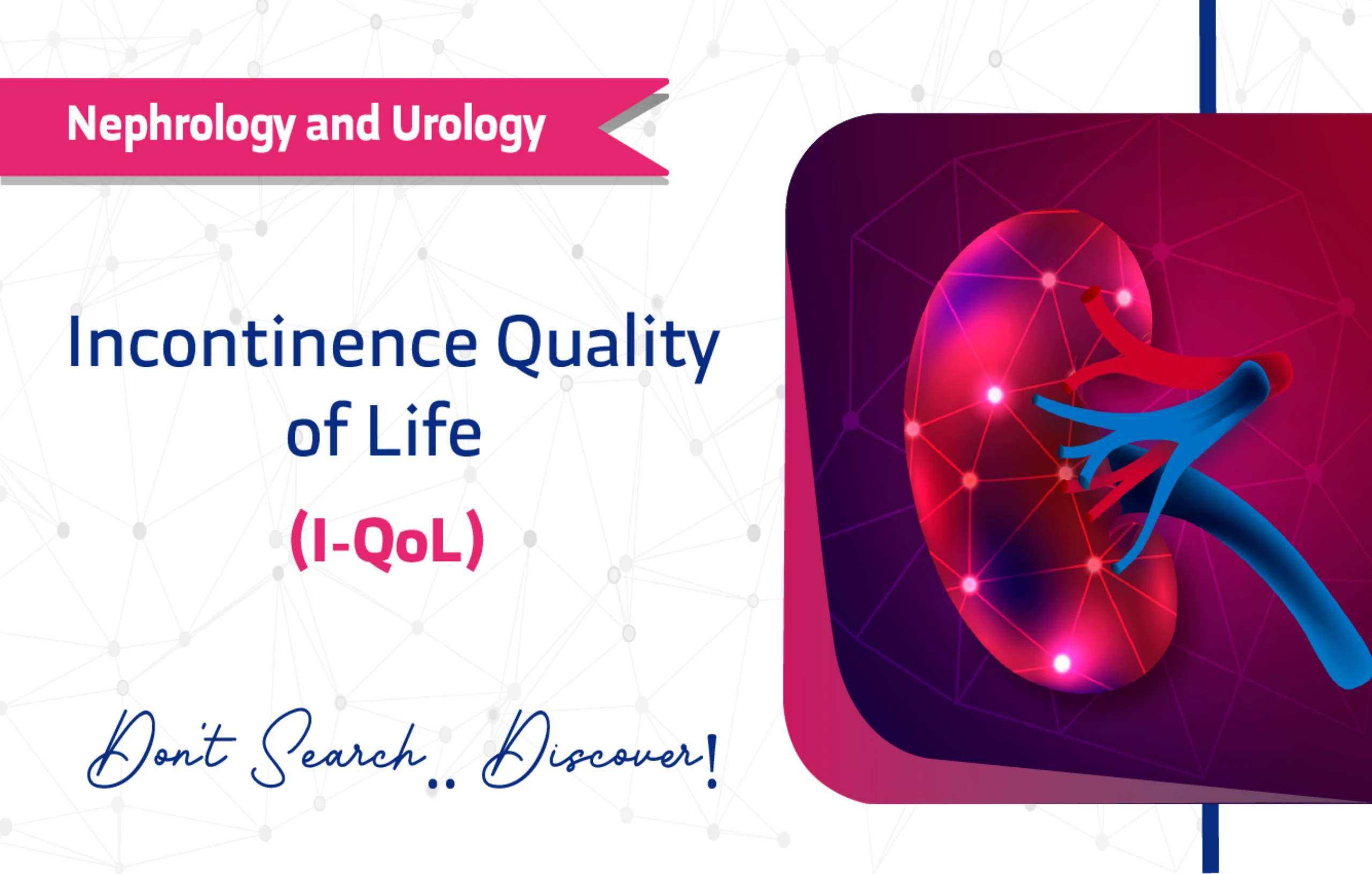
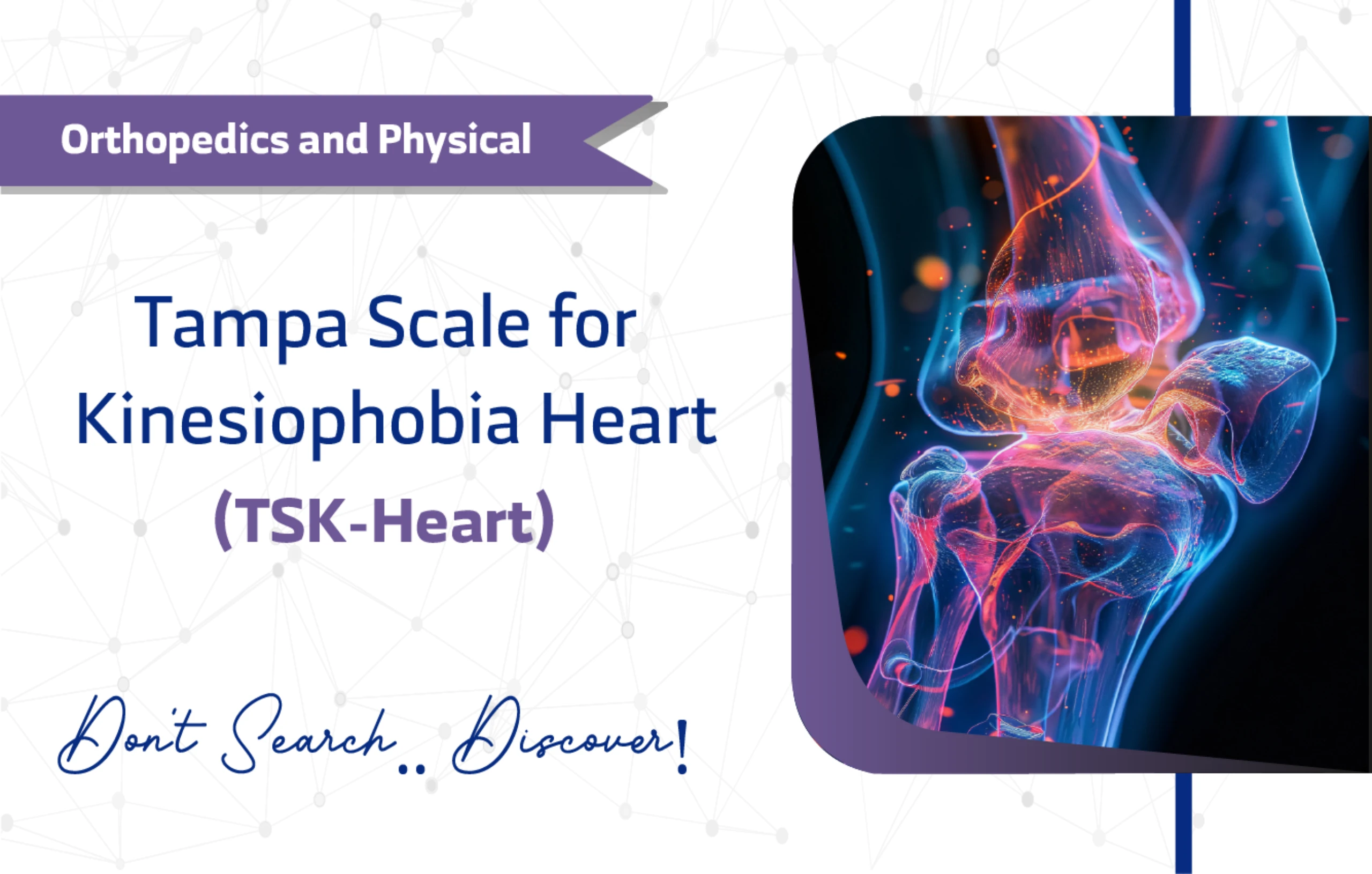

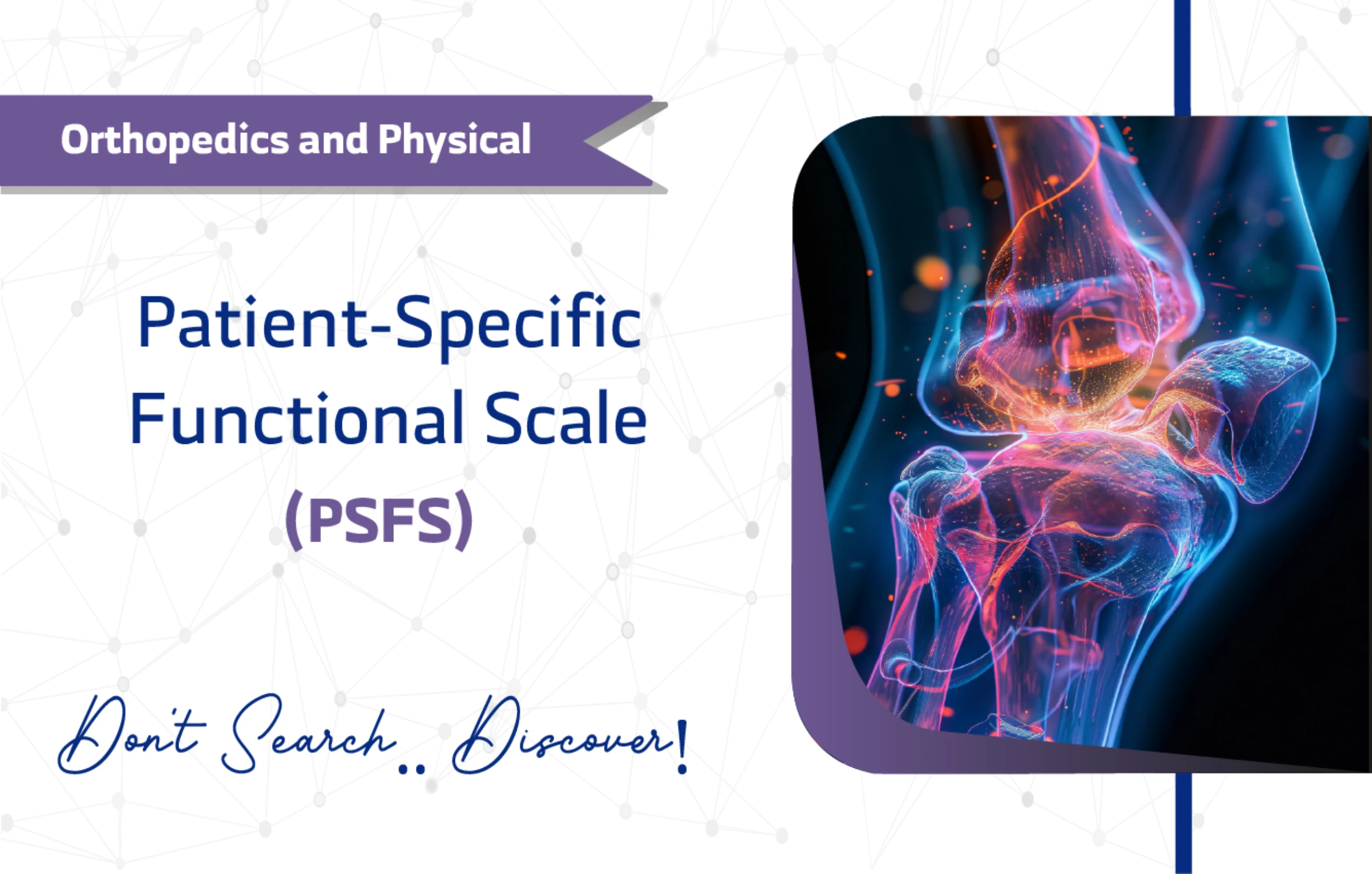
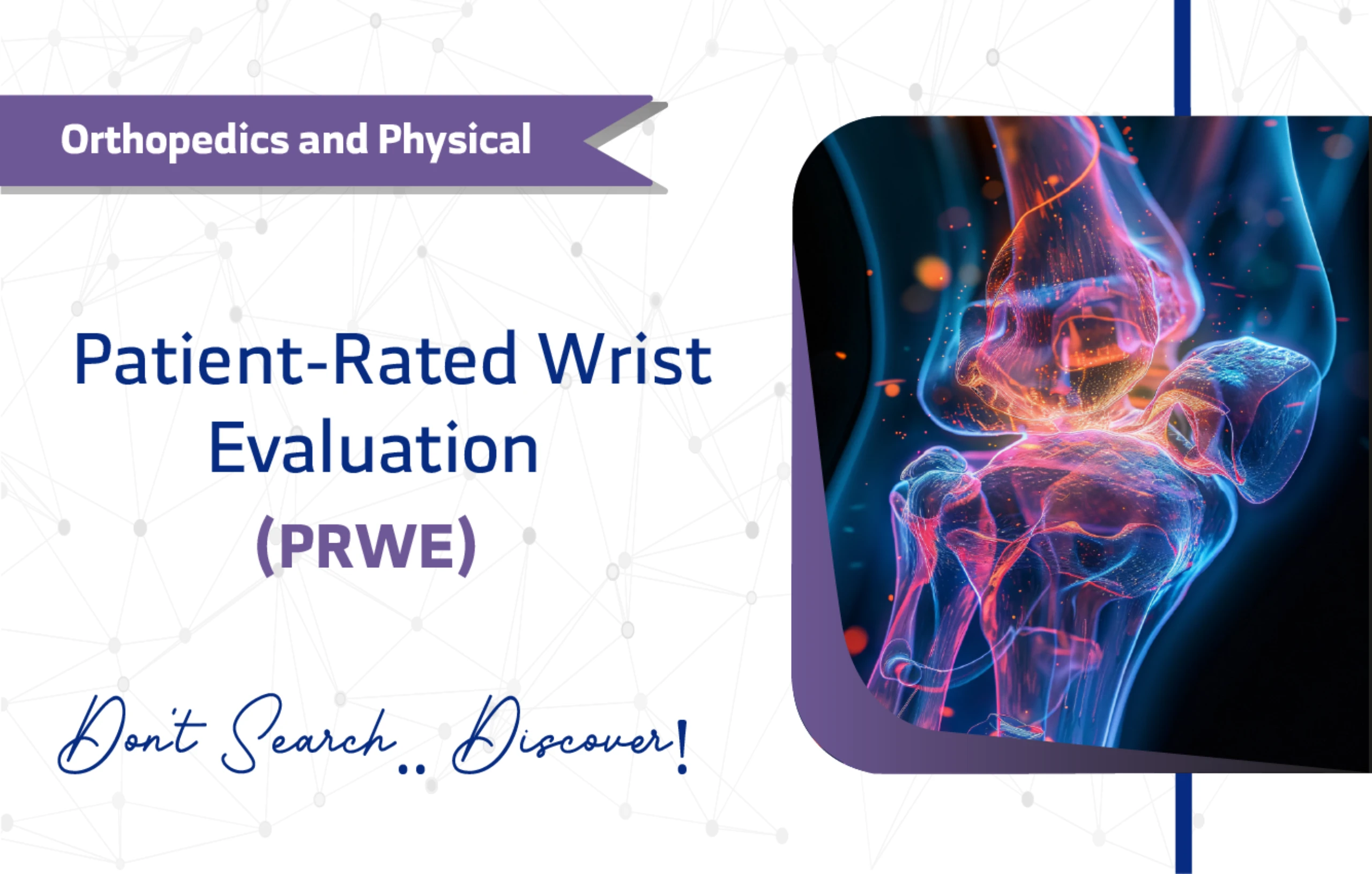
1 thought on “Thyroid-Specific Patient-Reported Outcome (ThyPRO): A Full Guide for Researchers and Clinicians”
Goodmorning!
Thanks for the information on this article.